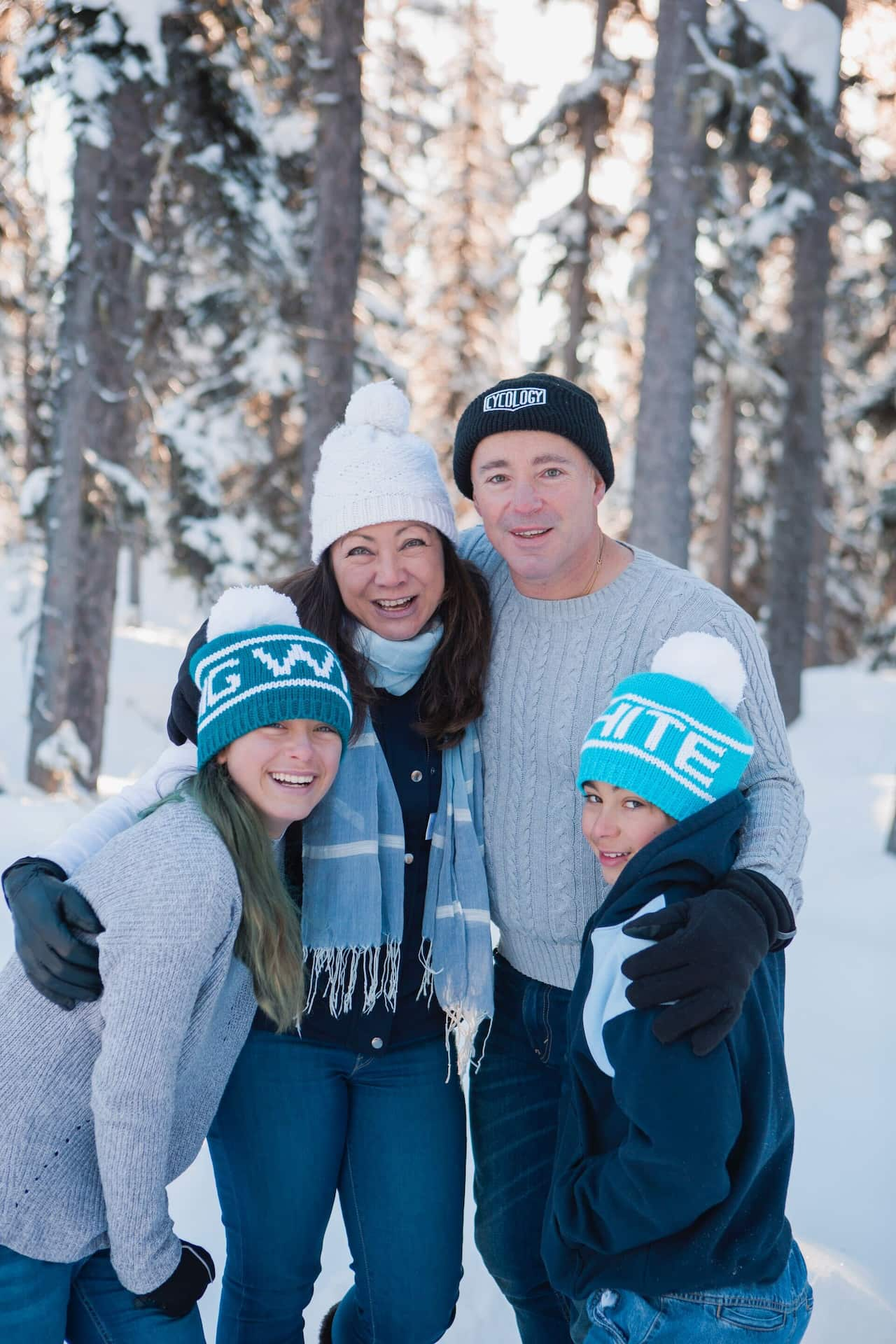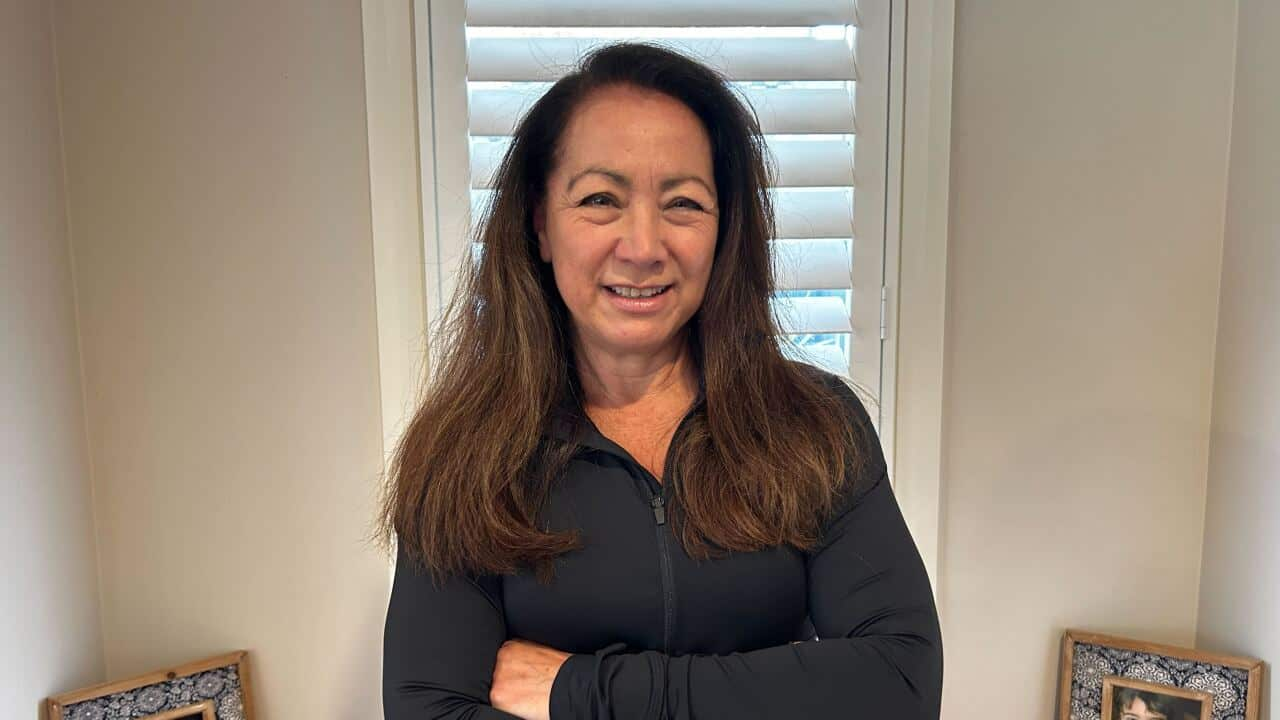Watch Insight’s episode The Boomer Economy, which explores how boomers are spending, and what will happen once all that wealth is handed down, on Tuesday 9 July at 8.30pm on SBS or on
Each December for the last four years, my friends and I have shared a collective sigh of relief.
We’d steered our kids through HSC exams and major works projects.
We’d lectured them on binge drinking, late nights and study procrastination.
We’d supported them through first partners, and white-knuckled with them through 120 hours of driving.
We’d seen another round of offspring more or less successfully launched into the adult world. Job done, right?
Well, maybe not.
The biggest challenge of all
Now, over our skim flat whites, a new issue related to our kids floats up: their financial independence.
With this, we’re all at a loss.
Our own lived experience as baby boomers simply isn’t cutting it.
For my husband Stuart and I, a meeting with financial planners was an eye-opener.
“How are you planning to help your kids? Should we just allow for HECS or were you wanting to help them with their home deposits?” they said.
Wait, what?
Sonja with her husband Stuart and her two children, Tashi (left) and Mitchell (right), when the children were still in school. Source: Supplied
Back in my day
When I moved out of home, my dad gifted me a fridge and twin tub washer he’d sourced at Trash & Treasure, and I enjoyed a couple of years of house-sharing with friends.
So that was me: largely financially independent.
Later, I borrowed a small sum from my parents (at a family discount of 2 per cent under interest rates at the time). I added this to my savings, and together with my then-partner’s savings, we put a deposit on a modest flat near Parramatta [in Sydney’s west].
Repayments on our $35,000 mortgage were doable, even on starter job wages.
Stuart arrived from England in the 90s with less than nothing: negative equity following the dire UK housing crash.
He was burnt and cynical about the virtues of , but passionate about home ownership as a means to financial independence.
We somehow found a balance between and paying down our mortgage.
Why our children’s future looks different to ours
Our children are both in uni now, with our daughter due to finish this year.
They’re smart and confident and since toddlerhood, they’ve both craved independence.
They have a fire in their bellies and are keen to make meaningful change in what they perceive as a flawed world.
They want to stand on their own two feet and discover what they’re capable of.
As parents, we couldn’t be prouder.
But while I’m no mathematician, it’s clear they’ll need more than a small booster loan or a second-hand fridge to launch them into financial freedom.
That same starter apartment I bought would probably sell for $700,000 now.
And, taking into account HECS debts (which banks definitely do when checking serviceability), they’ll be unlikely to save enough for a deposit for a while.
Between cost of living pressures, astronomical median house prices and less job security, it’s tough out there.
Our daughter may well need to combine an unpaid internship with part-time work to build up her resume before scoring a decently paid job.
What to do?
My friends and I largely agree that our kids need to make their own way in the world.
Only, the definition of making their own way has evolved.
For some parents, it involves kids being home for several more years. Or us helping with their HECS debt. Or car.
One friend’s kids lived at home till they could afford a deposit in a cheaper location. Another friend’s kids rented near the city to earn good money without massive transport costs.
A couple of my friends’ children have moved interstate where houses are more affordable, but as prices rise nationally this isn’t the easy option anymore.
Our children have friends whose parents or grandparents are helping with their rent. Or buying a property for them, jointly owned through a trust to safeguard ownership.
Delaying our retirement
One way or another, and as long as our kids are helping themselves first, .
That will need to take into account individual circumstances when the time comes, of course, along with our level of confidence in how long our retirement funds will last.
Two years ago, our financial planner said we were good to work well into our 60s if we stuck with our plan.
If we help our kids, and given cost of living increases since, we may now need to shuffle off until our late 70s.
I worry for the younger generation
But in my mind, there’s a bigger tragedy in the conversation about financial independence and the bank of Mum and Dad.
It’s that someone like me, starting from a base of zero and with the greatest effort in the world, may not ever own a nice house and enjoy lovely holiday memories.
Without family to help, getting to the starting line of personal wealth creation — or even stability — may never happen.
My parents strove to earn their piece of the great Australian dream that was open to all when they arrived in the early 60s.
I then sought to grab a tiny slice of the glittering 80s yuppie lifestyle.
I hope this generation’s youth find a way to bridge the gap, so no matter what they start with, they can achieve financial independence.
And for more stories head to , hosted by Kumi Taguchi. From sex and relationships to health, wealth, and grief Insightful offers deeper dives into the lives and first person stories of former guests from the acclaimed TV show, Insight.
Follow Insightful on the , , , or wherever you get your podcasts.

